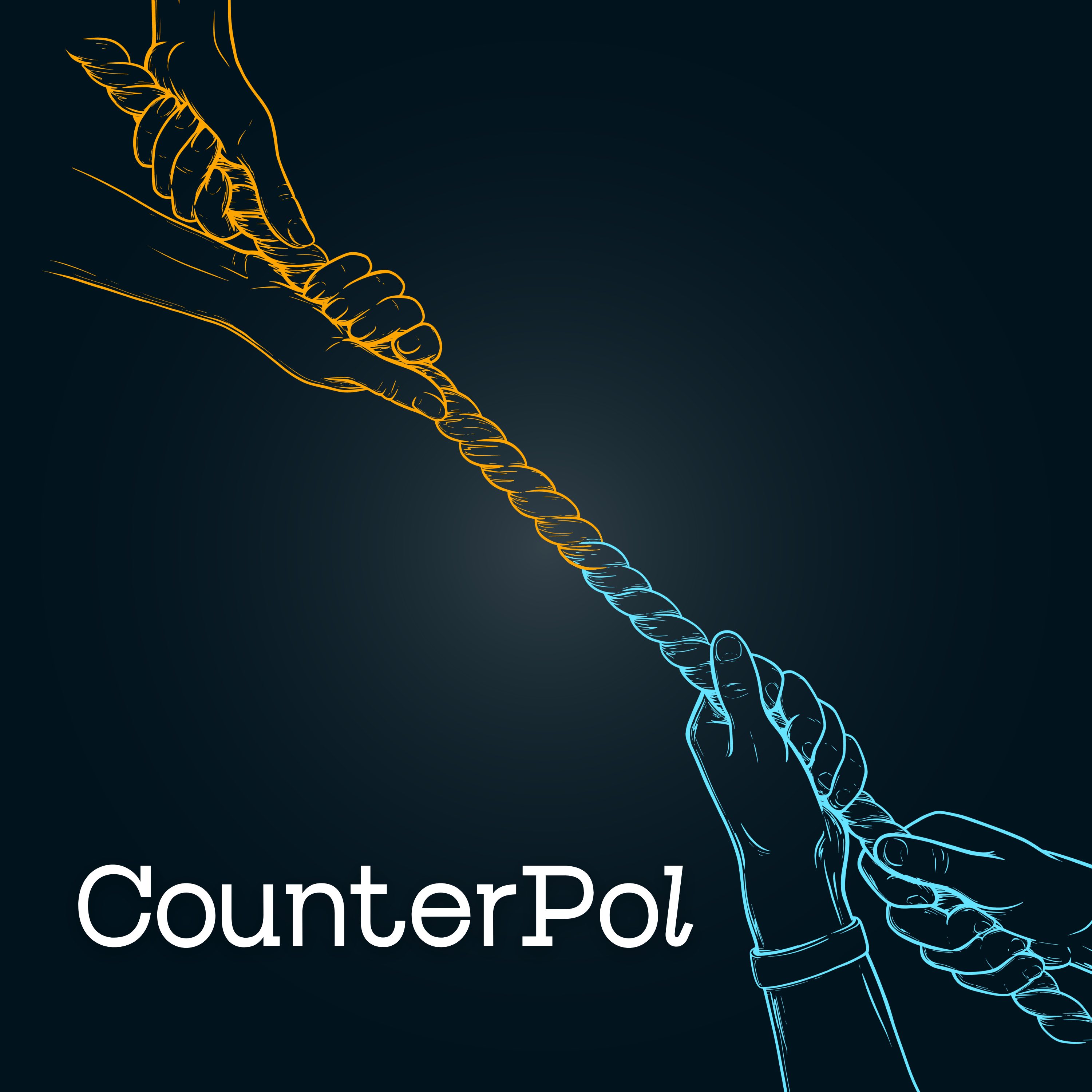Social Media and Knowledge Production with Yoel Roth
Anyone who's spent time on social media can tell you just how divisive the digital communications space can be. Opinions and ideologies take on a life of their own on platforms like Facebook, Instagram, TikTok, and the icon formerly known as Twitter. The combination of opposing views, loud voices, and general lawlessness makes the internet ripe for discourse spectacle.
The role of social media in propagating polarization is a hot topic among researchers, and for good reason. In the venn diagram of polarization, misinformation, free speech advocacy, and politics - social media sits firmly in the centre. Any positively impactful depolarization strategies will have to consider how we reform social media towards this end.
Yoel Roth - Former Head of Trust & Safety at Twitter and visiting scholar at UPenn's Center for Media at Risk - examines how social media became a powerful tool in elections and governance, the social and financial arguments for content moderation, and examples of apps that promote a healthier digital communications ecosystem.
I encourage everyone to read Yoel's NYT op-ed about how his defence of trust and safety on the internet put him in the crosshairs of some pretty powerful enemies and what that says about the state of social media and the internet at this moment.
Writings and Writers mentioned:
Digital Empires by Anu Bradford
Foolproof by Sander van der Linden
Thomas Kuhn

